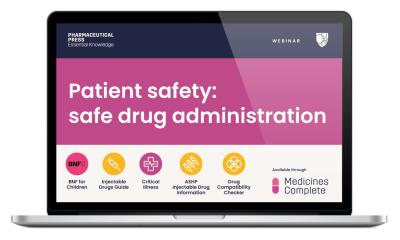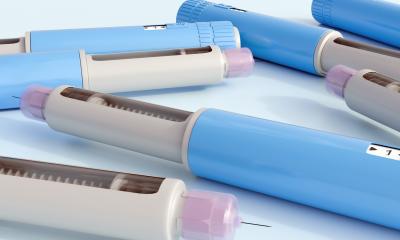Catheter
Device for irregular heartbeat more cost-effective than medication
A new study by a Yale researcher may support the use of a device for patients suffering from irregular heart rhythms.

The Watchman is a catheter-delivered device that is permanently implanted in the opening of the left atrial appendage (LAA), a small appendage of tissue that projects off one of the upper chambers of the heart. When patients are in an abnormal irregular heart rhythm called atrial fibrillation, blood clots can form in the LAA, which can then circulate out through the bloodstream and cause stroke. Once the device is in place in the opening of the LAA, a thin layer of tissue grows over it, preventing blood clots from forming in the LAA and therefore preventing stroke.
It has been suggested that as treatment for atrial fibrillation, the Watchman device may be preferable to standard blood thinning medications, such as warfarin, which raise the risk of bleeding. To assess the cost-effectiveness of the device versus medication, the researchers developed a statistical model based on data from two key research trials, known as PROTECT AF and PREVAIL.
The researchers found that while results from the trials varied, the device did appear to be more cost-effective in the larger, longer-term trial. "What we know is that the PROTECT AF trial enrolled more patients and has longer follow-up at this time and this allows greater statistical certainty," said Dr. James Freeman, assistant professor of cardiology and first author on the paper. "Based on that, the study may provide more certainty in terms of cost-effectiveness." However, longer-term results are needed to be completely certain of the device's value in clinical practice, he said.
Source: Yale University
17.06.2016





